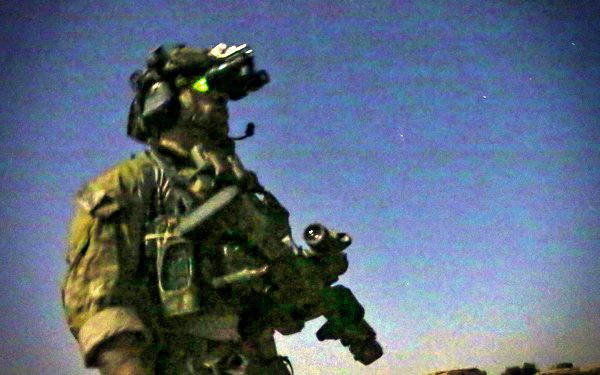Overview of jurisdiction and competence of court martial:
Jurisdiction means the power of a court to try and determine a case, and to render a valid judgment. Courts-martial are courts of special and limited jurisdiction. for example, courts- martial jurisdiction applies worldwide, but is limited in application to a certain class of people— members of the armed forces. In general, three prerequisites must be met in order for courts-martial jurisdiction to vest. They are: (1) jurisdiction over the offense, (2) personal jurisdiction over the accused, and (3) a properly convened and composed court-martial. Whether a court-martial is empowered to hear a case—whether it has jurisdiction—frequently turns on issues such as the status of the accused at the time of the offense, or the status of the accused at the time of trial. These issues of courts-martial jurisdiction relate to either subject matter jurisdiction (jurisdiction over the offense) or personal jurisdiction (personal jurisdiction over the accused). Subject matter jurisdiction focuses on the nature of the offense and the status of the accused at the time of the offense. If the offense is chargeable under the Uniform Code of Military Justice (UCMJ) and the accused is a servicemember at the time the offense is committed, subject matter jurisdiction is satisfied. Personal jurisdiction, however, focuses on the time of trial: can the government court-martial him? The answer is yes, so long as the accused has proper status; i.e., that the accused is a servicemember at the time of trial.
- The Constitution: Article I, section 8, clause 14
- UCMJ, articles 2, 3 and 36
- MCM, 2005 ed., RCM 201 – 204
- Customary international law and treaties
- Proper jurisdiction over the offense (subject matter jurisdiction).
- Proper jurisdiction over the person (personal jurisdiction).
- Properly composed court (military judge and members must have proper qualifications.) Absent evidence of coercion or ineffective assistance of counsel, accused’s request to be tried by military judge alone can be inferred from the record of trial (applyingsubstantial compliancedoctrine to Article 16.
United States v. Turner, 47 M.J. 348 (1997). Article 25 (request for enlisted members to serve on panel) is also satisfied by substantial compliance. United States v. Townes, 52 M.J. 275 (2000). See also United States v. Morgan, 57 M.J. 119 (2002). [See Tab E (Court-Martial Personnel) of this Deskbook for additional information] - Proper convening authority. A properly constituted court-martial may try any person subject to the UCMJ, even if the accused is not under the command of the convening authority. United States v. Murphy, 30 M.J. 1040 (A.C.M.R. 1990), set aside, on other grounds, 36 M.J. 8 (C.M.A. 1992); accord, United States v. Randle, 35 M.J. 789 (A.C.M.R. 1992). See also United States v. Cantrell, 44 M.J. 711 (A.F.Ct.Crim.App. 1996).
[See Tab E (Court-Martial Personnel) of this Deskbook for additional information] - Properly referred charges. United States v. Pate, 54 M.J. 501 (Army Ct. Crim. App. 1997). The PTA was not signed by the GCMCA, but instead the word acceptedwas circled and a notation made indicating a voco to the SJA. The accused argued that since the CA never signed the PTA, thenewcharge to which the accused was pleading guilty was never referred and, therefore, the court-martial lacked jurisdiction over that charge. The Army Court held that jurisdiction existed since a proper referral does not need to be in writing and the lack of signature wasinsignificant.
See also United States v. Williams, 55 M.J. 302 (2001). But see United States v. Henderson, 59 M.J. 350 (2004).
[See Tab G (Initiation and Disposition of Charges) of this Deskbook for additional information]

